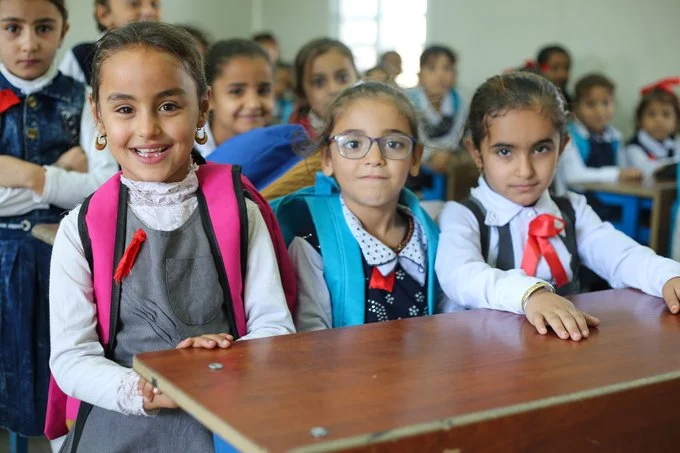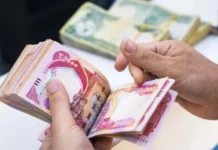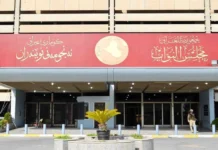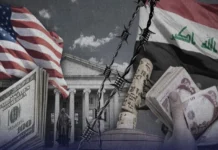The World Bank recently reported on the significant progress that targeted investments and development programs have made in Iraq’s education sector, benefiting over 135,000 students nationwide. New schools are built, teachers are trained, and educational infrastructure is updated as part of these efforts to improve education quality in conflict-affected areas.
Progress in rebuilding Iraq’s education system Between 2020 and 2023, the World Bank helped build 26 schools in conflict-affected areas that gave over 10,000 students access to cutting-edge classrooms. This project is a part of the larger “Emergency Operation for Development” project, which is funded by a $750 million loan, $35 million of which is specifically allocated for education. Using an innovative training model created to raise educational standards throughout Iraq, the project also provided literacy, numeracy, and teaching methods training to more than 5,000 teachers.
Improved data collection and management are made possible by the World Bank’s efforts in Iraq’s Ministry of Education to establish a digital infrastructure. This development contributes to improved planning and evaluation, which is in line with Iraq’s recently adopted National Education Strategy (2022–2031), which aims to broaden access to education and enhance its quality throughout the nation.
Major obstacles: In spite of these advancements, Iraq’s education system is constrained by a serious lack of school buildings. According to the Ministry of Education, approximately 10,000 additional schools are required to meet the current demand. Due to the fact that many existing schools operate on double or even triple shifts, students typically receive only four hours of instruction per day, which has a significant impact on academic achievement and learning outcomes.
According to the World Bank report, the overburdened education system is a direct result of years of conflict and underinvestment, which have resulted in these infrastructure issues. The Iraqi government is looking for international partners like the World Bank to help it address this by expanding school facilities and further improving teacher education.
Building a sustainable future for Iraq’s education The report’s conclusion includes a plea for more funding to support Iraq’s ambitious educational objectives. The World Bank and its partners, UNICEF and UNESCO, continue to work with the Iraqi government to implement the 2022–2031 National Education Strategy, which aims to provide all Iraqi children with a high-quality education. Notwithstanding, significant subsidizing and economical advancement endeavors are important to overcome any issues in foundation and further develop learning conditions across Iraq.
The combined support of international organizations and local reforms promises to lay the groundwork for long-term improvements in educational access and quality as Iraq works to restore and expand its education system. This will ultimately empower Iraq’s youth and ensure a brighter future for the country.





